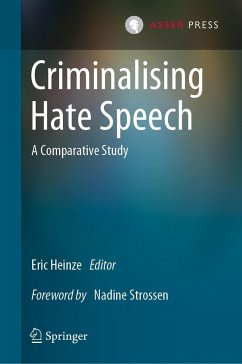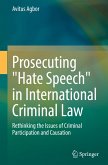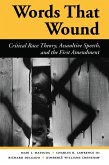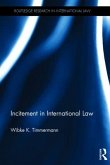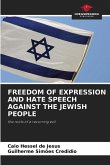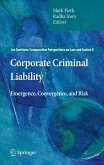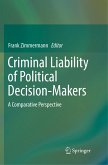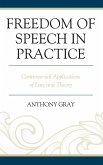Never in history have crises surrounding free speech raged with greater ferocity than we are witnessing today. This is the world's first book to gather detailed, country-by-country studies devoted entirely to the problem of hate speech, spanning more than twenty nations. The introductory chapter summarises various key concepts, followed by a composite of the questions that were originally put to each of the Special Rapporteurs. The chapters then provide the Rapporteurs' detailed analyses of each country, with several of the authors supplementing these with additional helpful insights. In particular, the abundance of case studies will help to dramatize the controversies that have been sparked by hateful expression in ways that continue to be relevant far beyond the borders of any one nation.
The chapters explain national legislation and case law, tracking the challenges posed by growing extremism and social polarisation, which is now more acute than ever before in our age of electronic media. The authors also align these national developments with norms and procedures of leading international human rights bodies such as the UN Committee on Racial Discrimination, the UN Human Rights Committee, and the European Court of Human Rights. This collection will be invaluable for beginners, as no prior knowledge is required. At the same time, given the chapters' depth and breadth, it will supply a research tool for advanced scholars, lecturers, and researchers in the areas of free speech, human rights, comparative law, criminal law, constitutional law, and political theory, as well as media and communications studies.
Eric Heinze is Professor of Law and Humanities at Queen Mary University of London. He is currently a Trustee of the London-based Media Diversity Institute, and recently served as General Rapporteur on the Criminalisation of Hate Speech for the Académie Internationale de Droit Comparé.
The chapters explain national legislation and case law, tracking the challenges posed by growing extremism and social polarisation, which is now more acute than ever before in our age of electronic media. The authors also align these national developments with norms and procedures of leading international human rights bodies such as the UN Committee on Racial Discrimination, the UN Human Rights Committee, and the European Court of Human Rights. This collection will be invaluable for beginners, as no prior knowledge is required. At the same time, given the chapters' depth and breadth, it will supply a research tool for advanced scholars, lecturers, and researchers in the areas of free speech, human rights, comparative law, criminal law, constitutional law, and political theory, as well as media and communications studies.
Eric Heinze is Professor of Law and Humanities at Queen Mary University of London. He is currently a Trustee of the London-based Media Diversity Institute, and recently served as General Rapporteur on the Criminalisation of Hate Speech for the Académie Internationale de Droit Comparé.

